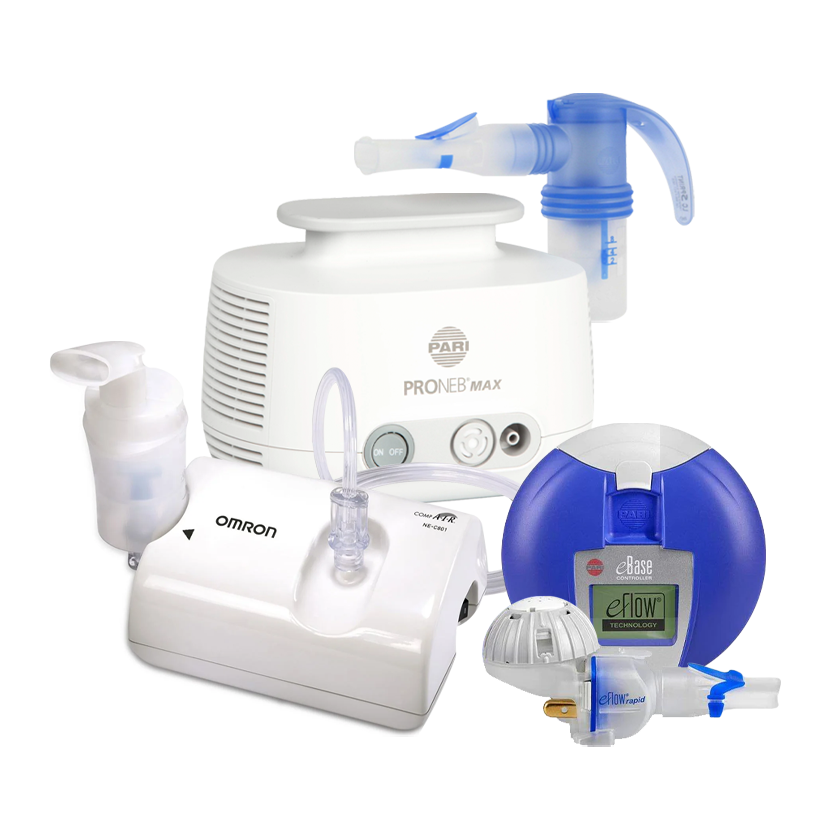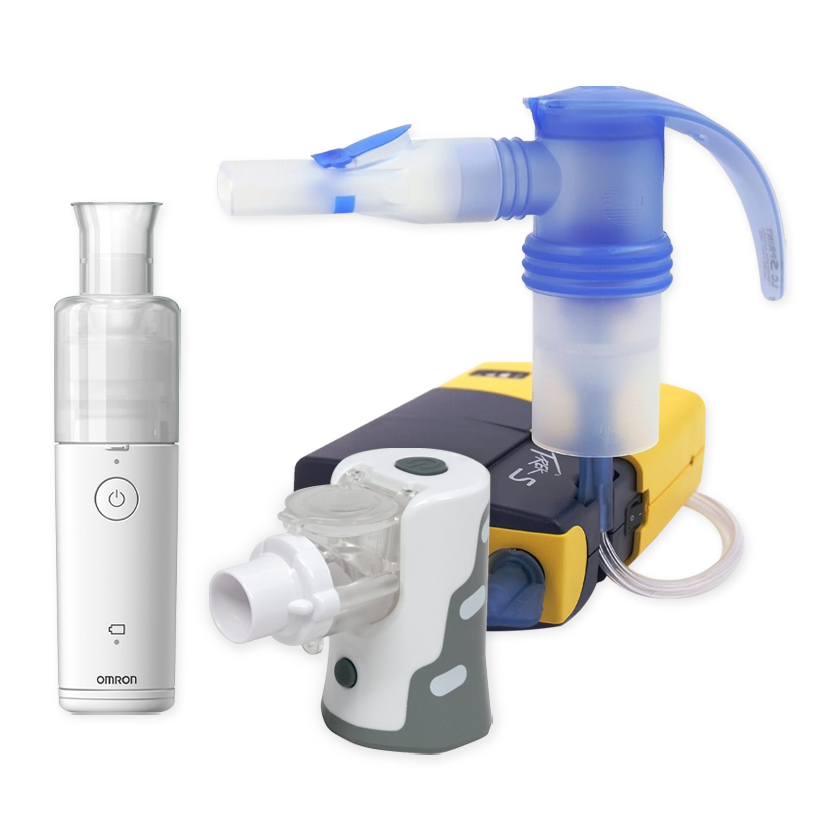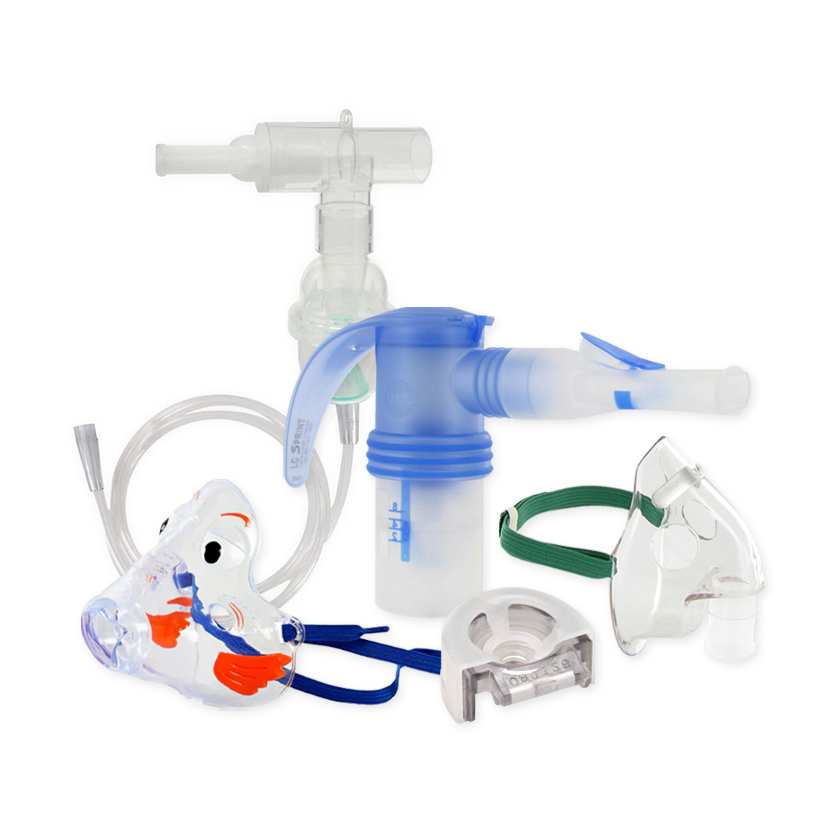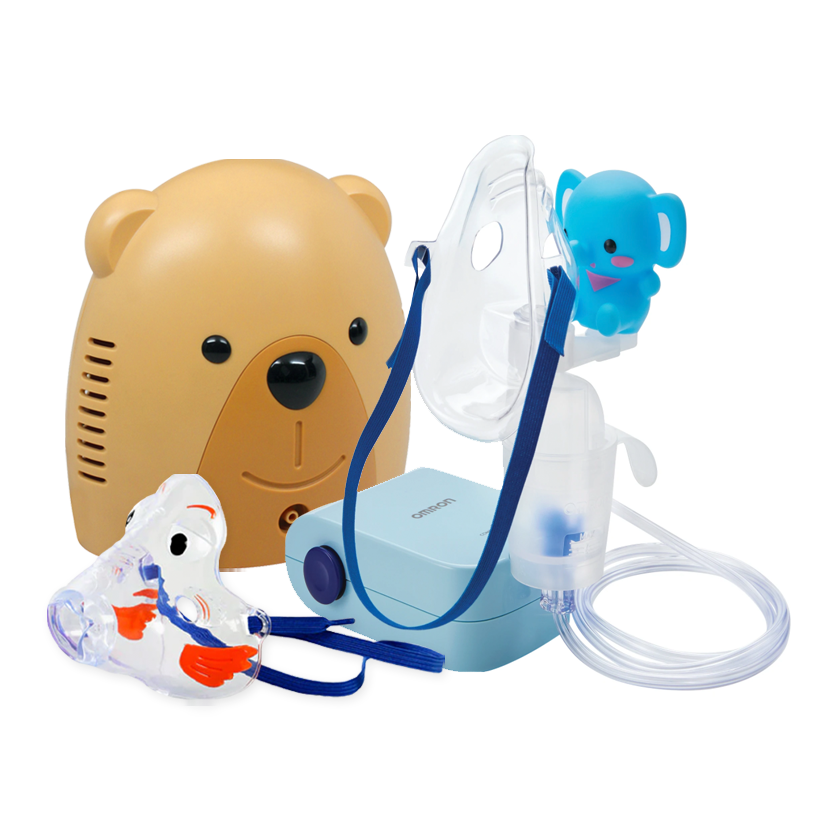Your Cart is Empty
Free Shipping on all orders over $75!
Menu

Free Shipping on all orders over $75!
Nebulizer Systems
Travel Nebulizers
Nebulizer Accessories
Just For Kids
Oxygen Supplies
Smart Inhalers Help Doctors & Patients Learn More About Asthma Triggers By Austin Sheeley
May 15, 2017 1 min read
Propeller Health has come out with “smart inhalers” which use Bluetooth technology to interact with a patient’s smartphone and record data. Whenever the patient uses their inhaler, the time and location are recorded via a smartphone app. This allows the patient, and their doctor, to see when and where the patient suffers asthma attacks.
This data can help patients avoid areas that frequently trigger their asthma. Propeller did a two year test of the smart inhalers in Louisville, Kentucky with 140 asthmatic participants. The data collected showed that close proximity to railroads and utilities greatly increased the risk of an asthma attack, as well as being in a common area like a school or church. The data was shared with city officials and, according to Propeller Health’s COO Chris Hogg, “They’re now making policy changes to improve emissions standards and clean the air.”
Researchers such as Linda Neuhauser of the University of California Berkeley have found that less than 50% of asthma patients take their medication correctly. Another advantage of smart inhalers is that they manage medication schedules and inform the patient, their doctor, and in the case of young patients their parents, about whether or not they’re taking their medication correctly.
This can have dramatic effects. A study by Propeller Health in a California hospital system, found that “asthma-related hospitalizations dropped from 1.9 to 0 among 330 patients who had attached the sensor to their inhaler during an 11-month period.”
Subscribe
Sign up to get the latest on sales, new releases and more …
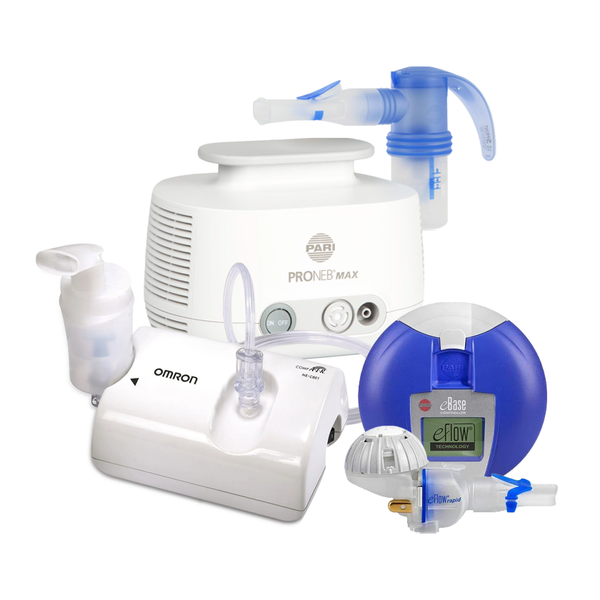
NEW CUSTOMERS SAVE $5 OFF YOUR FIRST PURCHASE OF $20 OR MORE
Code will be sent to email entered if applicable
SIGN UP FOR FUTURE SALES, NEW PRODUCTS AND ANNOUNCEMENTS
{"themeColor":"#061f77","iconColor":"#061f77","showLogo":true,"topBottomPosition":0,"rightLeftPosition":5,"iconSize":"large","iconCustomSize":64,"position":"middle-right"}
